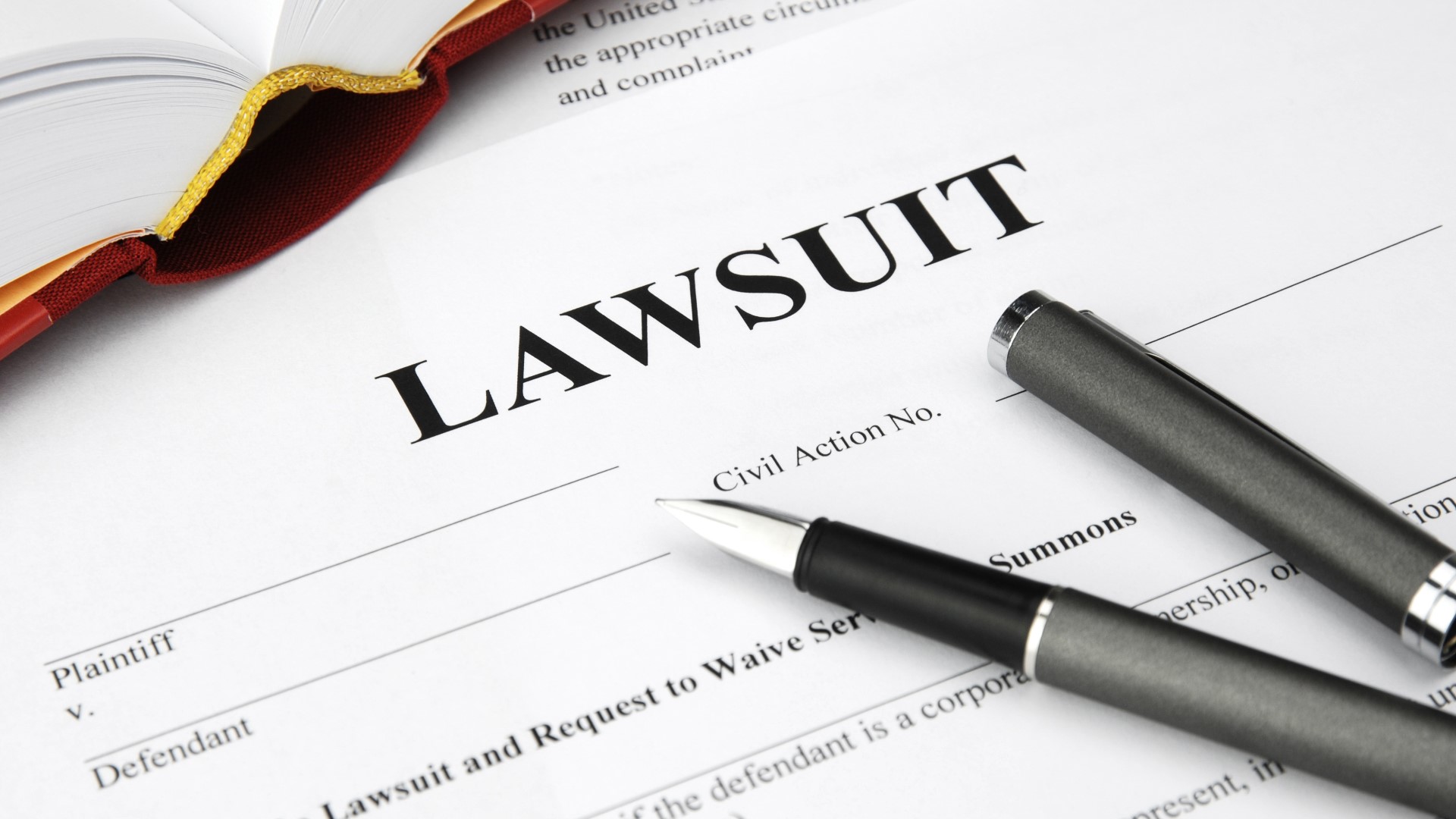NEW CUMBERLAND, Pa. — Cumberland County District Attorney Sean McCormack has filed a lawsuit against New Cumberland Borough council member Thaddeus Eisenhower, alleging that two prior felony convictions make him ineligible for the office.
Court documents show that Eisenhower pled guilty in 1995 to receiving stolen property, and also pled guilty in 1999 to unlawful delivery, manufacture, or possession with intent to deliver a Schedule II controlled substance.
Eisenhower received three years probation and paid a $300 fine for his first conviction.
Eisenhower served as New Cumberland Mayor for 20 months beginning April 2022 after then mayor Doug Morrow passed away. He ran for a full term in 2023 and was defeated by current Mayor Joan Erney in 2023.
Eisenhower was appointed to fill a vacant seat on the Borough Council on January 2.
In a statement, Eisenhower says his prior convictions have been made public throughout his career, and that he has moved beyond his past.
“I’m proud of my hard work in service of this community," Eisenhower's statement reads. "It’s sad some in the borough who don’t agree with my stances on issues file a complaint with the district attorney’s office for mistakes I made over a quarter century ago. I’ve been open with the public about those mistakes and have dedicated my life to serving others. This type of destructive politics is pushing people away from public service, but not me. I believe serving one’s neighbors is still a noble cause, and I’m going to fight hard to do just that.”
"After investigating complaints referred to us concerning Mr. Eisenhower’s eligibility to serve as a New Cumberland Borough Council Member, we filed a Quo Warranto petition to remove him from office alleging that he is ineligible to serve in that position due to a prior conviction," McCormack said in a statement to FOX43. "The court will make the ultimate determination if his prior record disqualifies him or not to serve as a council member."
In his lawsuit, McCormack cites Article 2, Section 7, of the Pennsylvania Constitution, which reads, "No person hereafter convicted of embezzlement of public moneys, bribery, perjury or other infamous crime, shall be eligible to the General Assembly, or capable of holding any office of trust or profit in this Commonwealth."
The New Cumberland Borough has released a statement following the filing of the lawsuit.
"New Cumberland Borough Council members were aware of Mr. Eisenhower’s prior conviction when Council appointed him to fill a vacancy in the Office of Mayor in 2022 and again to fill a vacancy on Council on January 2, 2024, based in part because of his character and community involvement in recent decades," the statement reads.
"At the time of both appointments, Mr. Eisenhower satisfied the eligibility requirements under the Borough Code, 8 Pa.C.S. §101 et seq., to fill a vacancy in elective office in that he was a registered elector of the Borough and had resided in the Borough at least one year prior to the date of appointment. The question of whether a person is eligible to hold public office under Article II, Section 7, of the Pennsylvania Constitution is outside the jurisdiction of New Cumberland Borough, but instead requires a judicial determination," the statement continued.
"Under Pennsylvania law, only the District Attorney may seek the removal of a public official from office by filing a quo warranto civil action seeking a determination by the court that the person is ineligible to hold public office under Article II, Section 7. The Cumberland County District Attorney apparently has made an independent determination that a quo warranto action seeking Mr. Eisenhower’s removal from office is warranted under these circumstances. The question of whether Mr. Eisenhower is eligible to hold public office under Article II, Section 7, of the Pennsylvania Constitution ultimately is a private matter between Mr. Eisenhower and the Cumberland County District Attorney, and we expect this matter will be adjudicated in the Cumberland County Court of Common Pleas in accordance with the Pennsylvania Constitution and relevant case law."

